Stop browser cache, cookies, and history from spoiling your fun; kill them all this way
Your computer can get slow because of several reasons including cache, cookies, and more. However, you can clean your browser's cache, cookies, and history easily.
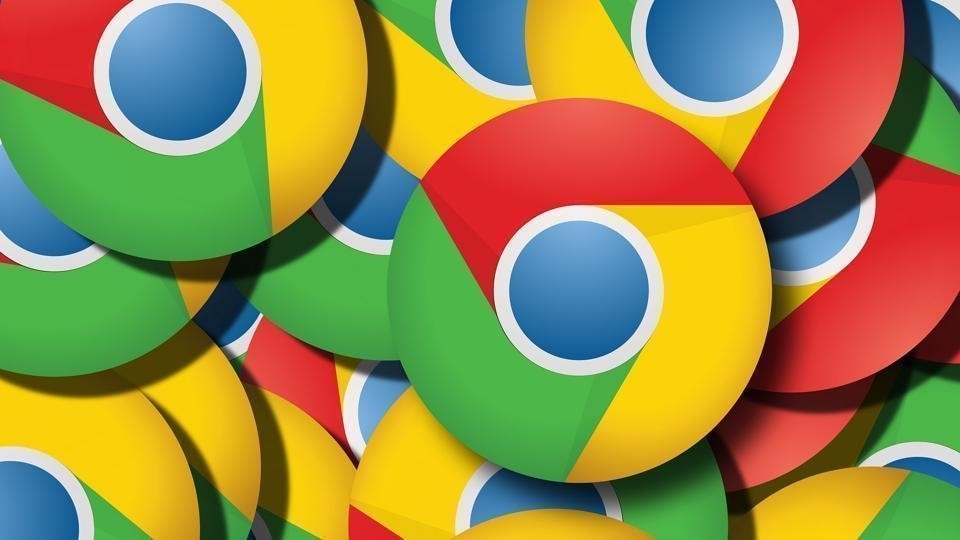
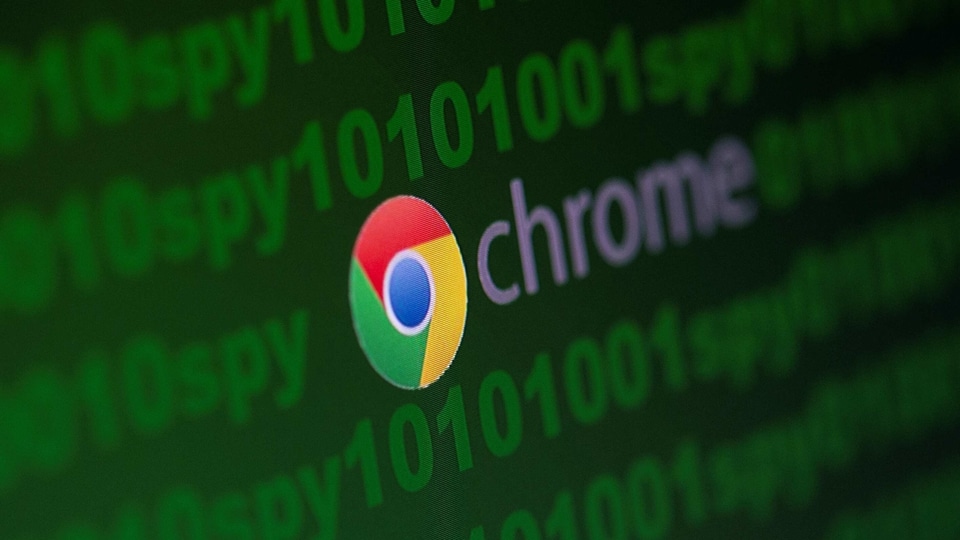
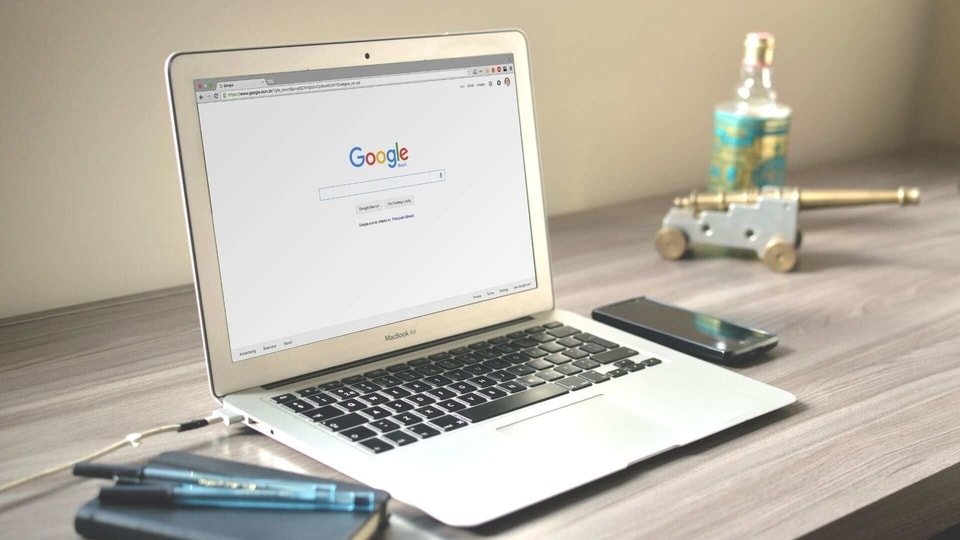
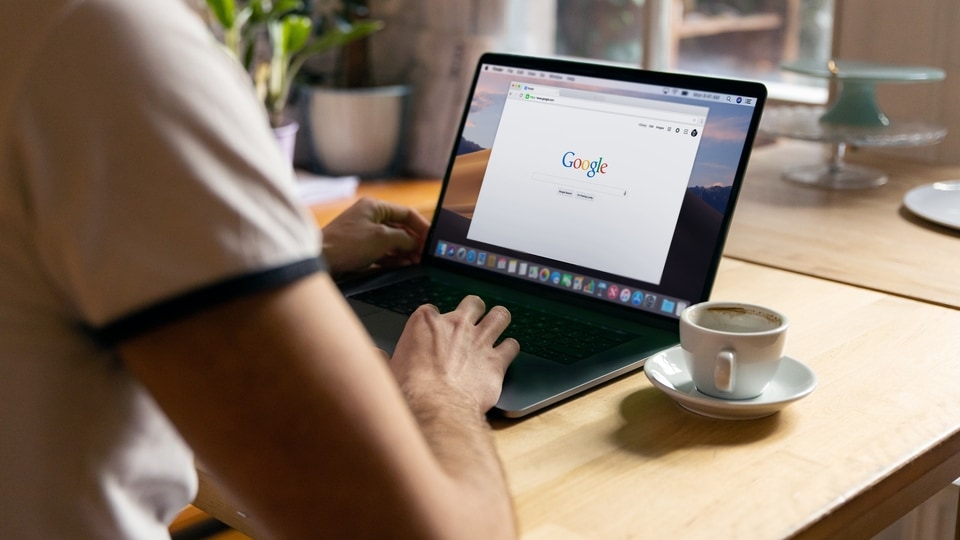
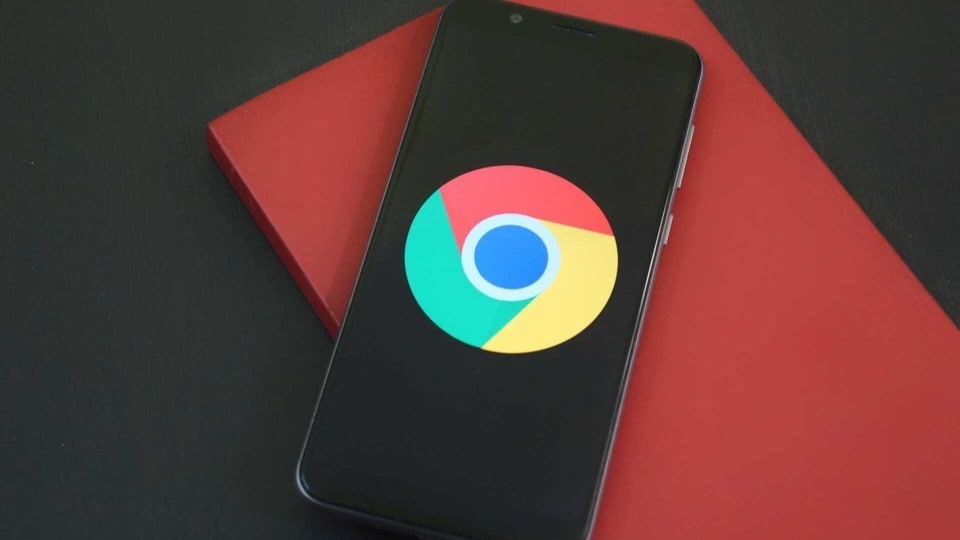

 View all Images
View all ImagesWhere do you go when you want answers to your questions? You search your browser. There is a lot of information about you stored on the browser you use. From the websites you visit to your passwords and browsing history, everything is stored on the browser and it remains there occupying valuable storage. Piling up of these information may lead to your computer becoming frustratingly slow. Therefore, it is always advised to clear or clean your browser's cache, cookies, and history, on a regular basis whether it is Google Chrome, Mozilla Firefox or any other.
For the uninitiated, it can be known that cookies are files created by sites you visit. This makes your online experience easier. While, cache remembers parts of pages, like images, to help them open faster during your next visit. And history as the name suggests keeps the details of your past activities on the browser. But there is always too much of a good thing and spring cleaning becomes essential
Here is how you can clear, clean or delete your browser's cache, cookies, and history.
Google Chrome
1. On your computer, open Chrome.
2. At the top right, click More (three dot icon visible in the upper right corner).
3. Click More tools and then Clear browsing data.
4. At the top, choose a time range. To delete everything, select All time.
5. Check the boxes next to Cookies and other site data, Cached images and files, and browsing history.
6. Click Clear data.
It can be noted that once you clear your browser's cache, cookies and history, you will have to log in again to the sites that you use.
Mozilla Firefox
1. To clear all cookies, site data and cache on Firefox, click on the menu button and select settings.
2. Then select Privacy and Security panel and go to the Cookies and Site Data section.
3. Click the Clear Data button. The clear data dialog will appear.
4. Check the boxes next to cookies and site data and Cached Web Content.
5. Lastly, click on clear.
Safari
Safari users can go to the app on their Mac and select History > Clear History and then click the pop up menu.
Choose how far back you want your browsing history cleared.
Catch all the Latest Tech News, Mobile News, Laptop News, Gaming news, Wearables News , How To News, also keep up with us on Whatsapp channel,Twitter, Facebook, Google News, and Instagram. For our latest videos, subscribe to our YouTube channel.




















